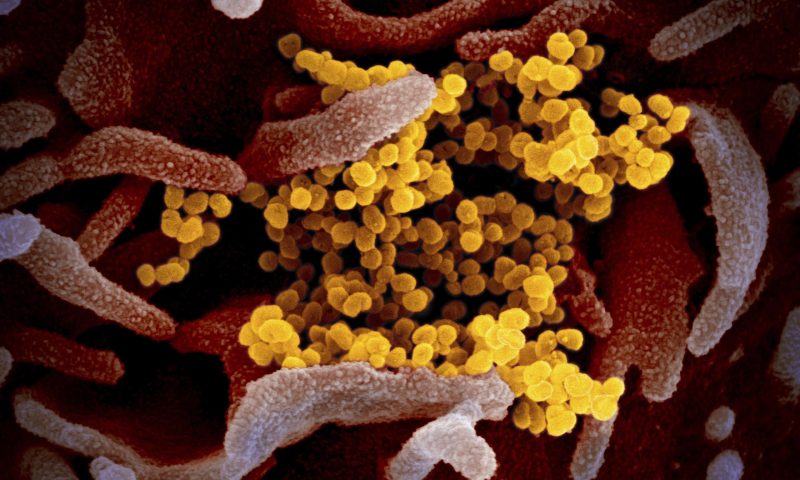A year into this global pandemic, Abbott is preparing for the next one: the medtech giant has launched a network of centers with expertise in lab testing, genetic sequencing and public health to help catch and track emerging viruses and potentially dangerous mutations.
The goal of the company’s Pandemic Defense Coalition is to help develop diagnostic tests quickly as new threats are discovered and to publish their sequencing findings publicly so others can help determine if the disease is a novel strain.
“We cannot fight what we cannot see coming,” said Abbott’s head of infectious disease research, Gavin Cloherty, describing the program as “eyes on the ground” for the global public health community.
“The COVID-19 pandemic has demonstrated a clear need for advanced surveillance and viral sequencing—and the critically important role of testing,” Cloherty added. “Our goal is to help prevent history from repeating itself.”
The coalition currently includes academic centers and nonprofit organizations in Chicago, Jamaica, Colombia, Brazil, South Africa, Senegal, India and Thailand. The company said it is in talks to sign on additional public and private organizations.
Surveillance will start with local physicians identifying patients with unknown conditions, and having their samples sequenced and shared throughout the network. If a threat is discovered, Abbott will use the data to help develop diagnostics to aid in containing the outbreak, while also working on tests for COVID-19, HIV, malaria and hepatitis.
Abbott previously launched its Global Viral Surveillance Program over 25 years ago to monitor HIV and hepatitis; that program will be folded into the new pandemic coalition.
“In a sophisticated network like the Abbott Pandemic Defense Coalition, we have access to best-in-class science and technology that makes data collection, analysis and sharing efficient and effective,” said Souleymane Mboup, president of Institut de Recherche en Santé, de Surveillance Epidemiologique et de Formations in Dakar, Senegal.
“The key here is collaboration; no single lab or organization in any one country would be able to conduct testing and analysis of this breadth and scale but connecting global centers of excellence makes it possible for us all to assist in identifying the next potential threats to public health,” Mboup said.

